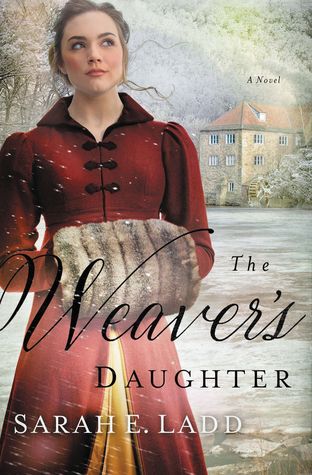 Henry Stockton returns home from three years of war intending to continue his grandfather's woolen mill. Kate Dearborne, daughter of one of the local weavers who are slowly being putting out of business, knows to shun the Stocktons, just like the rest of the weavers, but she refuses to shun her own brother who works for them. When an accident sends her into the Stockton home, she sees a side of Henry very different from that of his harsh grandfather, and a spark of respect is born. But as tension between the weavers and the mill threatens to explode into violence, will both Henry and Kate choose to do what is best for the village, or for their families?
Henry Stockton returns home from three years of war intending to continue his grandfather's woolen mill. Kate Dearborne, daughter of one of the local weavers who are slowly being putting out of business, knows to shun the Stocktons, just like the rest of the weavers, but she refuses to shun her own brother who works for them. When an accident sends her into the Stockton home, she sees a side of Henry very different from that of his harsh grandfather, and a spark of respect is born. But as tension between the weavers and the mill threatens to explode into violence, will both Henry and Kate choose to do what is best for the village, or for their families?The history behind the story is fascinating; it puts a different meaning to the Industrial Revolution--maybe not to compare with the French or American or Russian Revolutions, but bloody just the same. I never thought about how the skilled workers would react as they were put out of their jobs by machines, not when their options were so limited.
The romance is a cross between Romeo and Juliet and North and South, but with some twists. I really appreciated how their relationship develops: the journey from enmity (at least on her part) to respect to friendship, which all happens well before romance comes into play. Both are thinking of what would be best for the people of their village, but I especially love Henry's sense of honor. He isn't a doormat, but he's a good man; better than others in the village who complain about the evils of the mills and refuse to give them business that would help the innocents of the village in clear, tangible ways.
I received a complimentary copy of this book from Thomas Nelson through NetGalley. Opinions expressed in this review are completely my own.
No comments:
Post a Comment